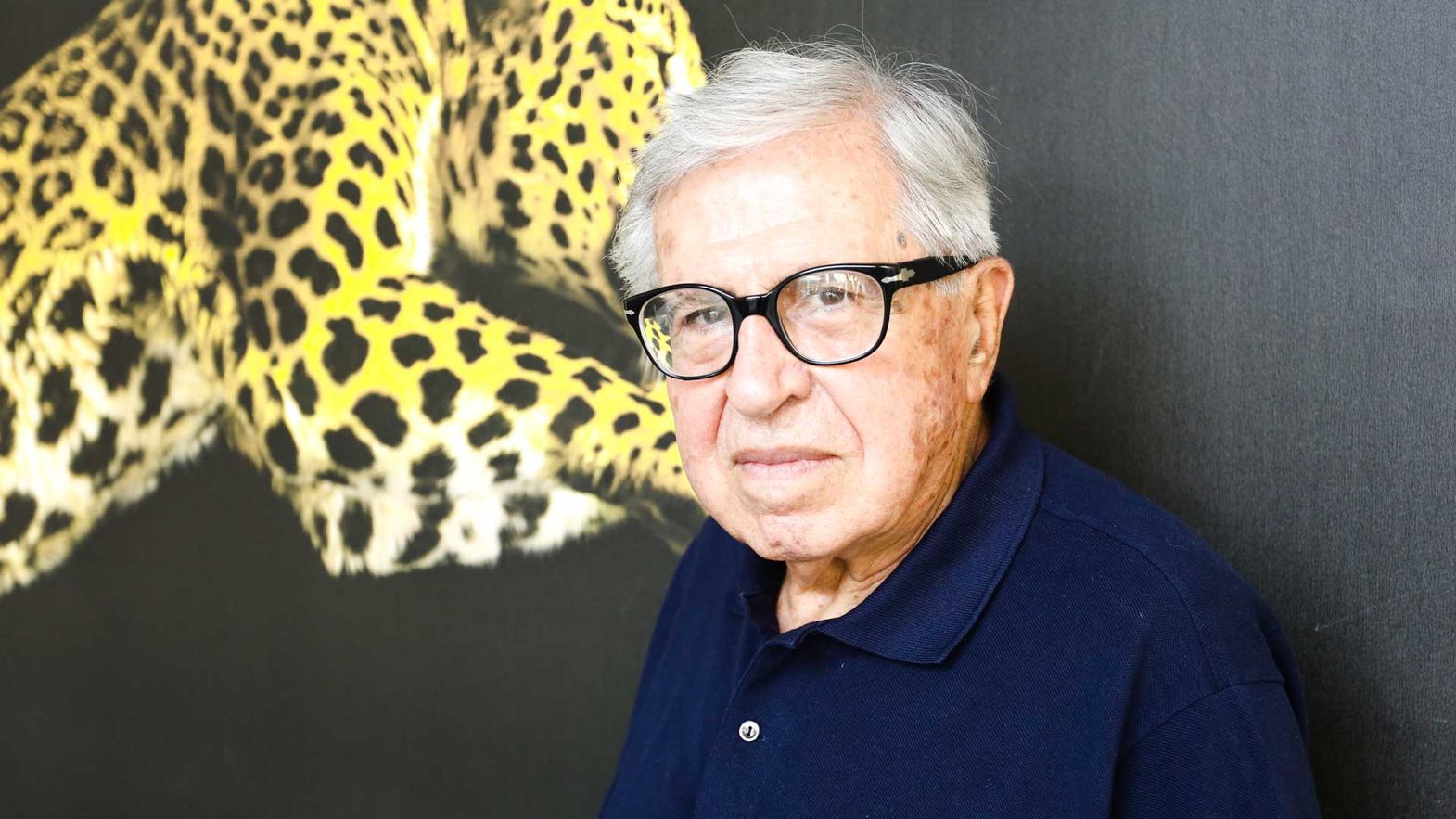
The story of Paolo and Vittorio Taviani is also that of Italian cinema after the end of the Second World War. Their work, which marked a crucial moment in cinematic modernity, was paid tribute to by the Locarno Film Festival on several occasions. How can we forget, for instance, the poignant screening of their La notte di San Lorenzo (1982) on the Piazza Grande? They seemed inseparable, the two brothers, and then Vittorio left us.
Paolo continued to produce films. Recently, he surprised everybody by presenting the magnificent Leonora addio (2022) in Berlin, such was his ceaseless desire to continue experimenting with form and confronting the knottiness of Italian history. It was a nervous and lyrical film, almost tearing itself apart at the seams, in which the spirit of Pirandello returns with that characteristic civil commitment that never waned in the Tavianis’ work. Paolo was accessible and generous. He had been through crucial periods of our history and of Italian cinema, yet his desire to share and confront did not diminish with age.
In Cagliari, when in 2015 I collaborated with Giovanni Columbu on Il di/segno del cinema, we also decided to set up a parallel exhibition of their film costumes (by his marvellous wife Lina), from the initial sketches to the final fabrics. Paolo joined us for the inauguration, in the land where he had made the much-loved (by Rossellini) Padre padrone (1977) – winner of the Palme d'Or at Cannes – with his brother. Curiosity about their filmography was always accompanied by a veil of critical self-mockery, while their intellectual and political lucidity was always acute.
Paolo Taviani embodied a free and complex idea of cinema, which gave us masterpieces such as Allonsanfàn (1974), one of the key films of Italian cinema, and mysterious and passionate works such as San Michele aveva un gallo (1972).
Una questione privata (2017), their admirable adaptation of Fenoglio’s novel A Private Matter, was embodied in the figure of a tense Luca Marinelli. Their version suggested exactly the opposite of what Fenoglio’s title seemed to declare: cinema is always a matter for everyone.
This is why we will miss Paolo, his smile, his kindness.
It is up to us to carry on his lesson.
Giona A. Nazzaro
Artistic Director